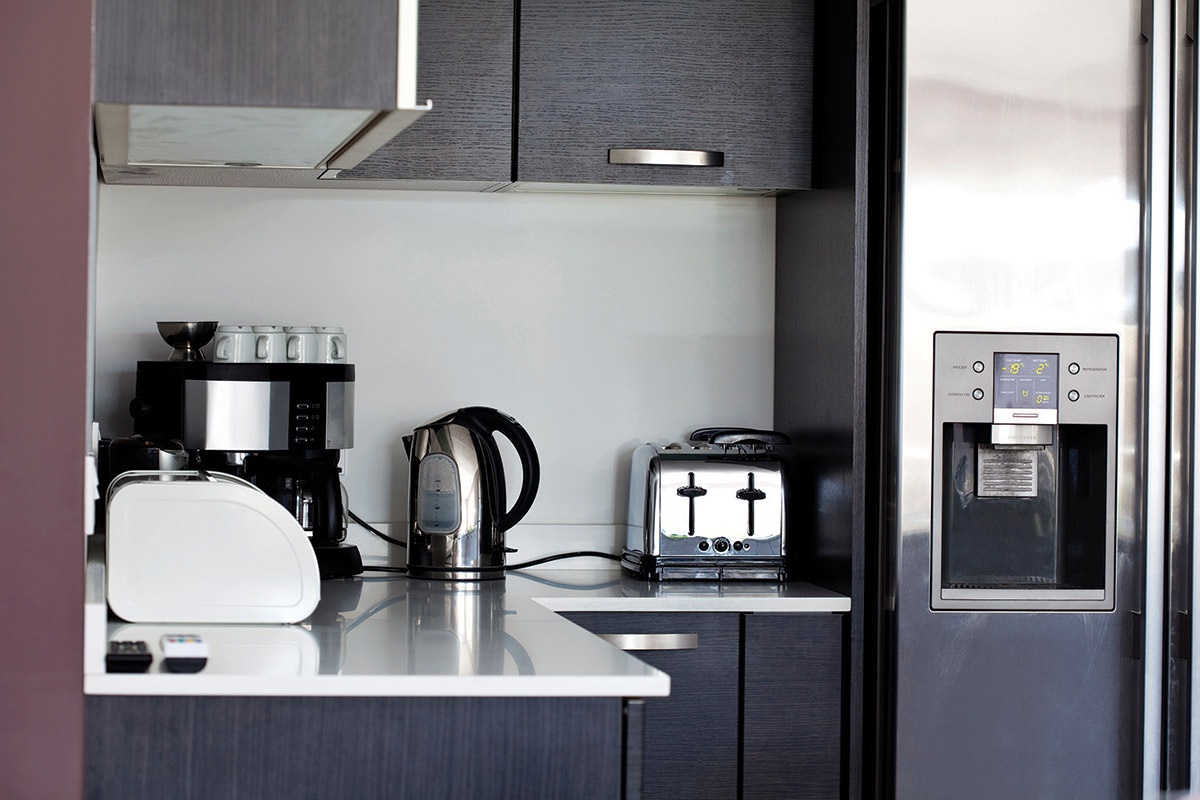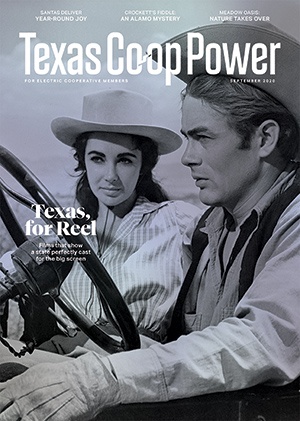These days the terms energy conservation and energy efficiency are often used interchangeably, but they have distinct definitions. I like how the U.S. Energy Information Administration differentiates the two based on behavior and technology.
Energy conservation is a behavior—using less energy. To achieve it, consumers have to change their habits: Turn off lights, unplug appliances or opt to use a clothesline instead of a clothes dryer. Conserving energy often requires effort.
While there is merit in adopting conservation habits to avoid waste, we have the option to use
less energy without having to give up comfort or convenience.
That brings me to energy efficiency, which involves applying technology to use less energy while getting the same result or service.
Technological advances also allow us to automatically perform some actions we used to have to do manually. Because new electric products are able to do the same tasks with less energy, energy efficiency does not necessarily come with the trade-off of going without.
LEDs are considered energy efficient because they use less electricity to produce the same amount of light as an incandescent bulb.
In the same way, Energy Star-rated products are intended to deliver the performance consumers expect while using less energy. Energy Star-rated refrigerators, for example, keep food cool with about half as much energy as older models.
Ultimately energy efficiency may result in energy conservation—or using less energy.
Smart electricity usage is important to Trinity Valley Electric Cooperative because it’s beneficial to you, our consumer-members.
For one, using less electricity saves you money on your electric bill simply because you consume less. But it also benefits the co-op as a whole because our wholesale power costs fluctuate depending on the time of use.
You see, the cost of power increases during peak hours—typically 3–7 p.m. during the summer. So if we can diminish the use of power during those hot afternoons, then the cooperative’s total wholesale power cost decreases, helping us keep rates as low as possible
In addition, those in the electricity industry, including TVEC, are always trying to find ways to reduce consumption because there could be a shortfall of electricity generation in the future. Establishing energy conservation and energy-efficient habits now will help us use electricity more wisely down the road.
I encourage you to use the principles of energy conservation and energy efficiency together. Just because you install an energy-efficient LED in the light fixture on your front porch doesn’t mean you should leave it on 24/7. And even if you have an Energy Star-rated clothes dryer, be a good steward and think twice about running it with anything less than a full load.
By combining energy-efficient technology with conservation-minded behavior, you can save electricity and money.


